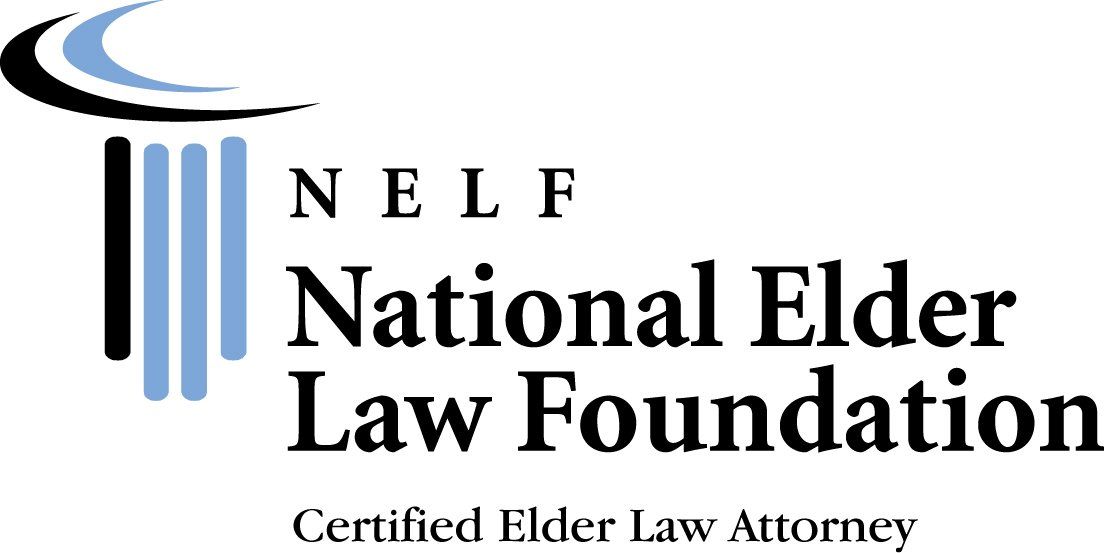Guardianship Protection
Protective Legal Guardianship and Conservatorship
If someone close to you is unable to care for himself or herself, a legal guardianship or conservatorship may be the solution. Daniel Jurkovic, Certified Elder Law Attorney has extensive experience with guardianship, and we'll help you create the legal apparatus necessary to provide care for your loved one. To learn more about establishing a guardianship or conservatorship, contact us online or call 201-460-9888.
Defining Guardianship
Guardianship is a legal process, wherein a court determines that a person is unfit and unable to care for himself or herself and to govern their own affairs and appoints someone else to exercise that individual’s legal and civil rights. Guardianship is the removal of a person’s fundamental right to self-determination, and, therefore, a solution of last resort for a court in addressing the problems of a person in need of assistance. The New Jersey Supreme Court has observed the following:
Our concern is with balancing the right of self-determination of developmentally disabled people with traditional judicial concerns for their best interests. Although our decision nominally considers only the allocation of the burden of proof, beneath that allocation lie significant policy choices about the rights of developmentally disabled people to make decisions for themselves and the role of courts in the decision-making process.

Determining If Guardianship Is Appropriate
While the court and attorneys are ultimately the arbiters of legal capacity, it is the health care physicians and psychologists who provide the basis for the legal determinations made by a court. Whether representing plaintiffs, allegedly incapacitated persons, or other interested parties in guardianship proceedings, attorneys rely heavily on the credentials, evaluation techniques, and written opinions of health care professionals. Therefore, it is essential that attorneys provide the health care professionals information regarding their increased role in the process, the information required by the court to make an appropriate determination, and all relevant information regarding the alleged incapacitated person that might bear on the nature and extent of the protective arrangement that is ultimately imposed by the court.
- Diagnosis: An accurate diagnosis is essential. It determines the cause(s) of the individual’s problem(s). It determines whether the condition is temporary or permanent. It determines the length of time the condition has existed. It determines whether the condition is likely to change or not and whether it can be treated or minimized, such as with medication.
- Cognitive/Decisional Strengths and Weaknesses: Judges need to know the individual’s cognitive ability to receive and evaluate information, and to make decisions. A good clinical evaluation should assess an individual’s cognitive skills in areas such as attention, memory, comprehension, reasoning, and planning.
- Everyday Functional Strengths and Weaknesses: Judges need to know the individual’s abilities to care for his/her person and estate. Conclusions such as “cannot care for self” do not tell judges to what degree a person can care for themselves or their estate. For example, a person may be able to feed himself or herself, but cannot plan to obtain or prepare a meal. The person may also be able to handle daily finances, but not manage an investment portfolio.
- Risk of Harm and Level of Supervision Needed: For limited guardianship purposes, in the context of a least restrictive alternative, a good clinical evaluation must match an individual’s cognitive and functional strengths and weaknesses to the person’s situation and environment.

Conservatorship Instead of Guardianship
Conservatorship is similar to guardianship, except the person in need of assistance has mental capacity and is usually the plaintiff asking the court to intervene and appoint someone to assist them with the management of their affairs.
A conservatorship can be useful where there is friction between family members, and help protect the conservator, as their actions are conducted under Court supervision.
Daniel Jurkovic, Certified Elder Law Attorney will work with you to determine which kinds of legal protections are most applicable to your situation. Call us at 201-460-9888 or
contact us online to schedule an appointment.
Call
201-460-9888
to Speak With Our Friendly Staff and Schedule
Your Appointment.
It's never too soon to plan for your future.
Trust Daniel Jurkovic, Certified Elder Law Attorney for legal counsel with
over 20 years of experience.

